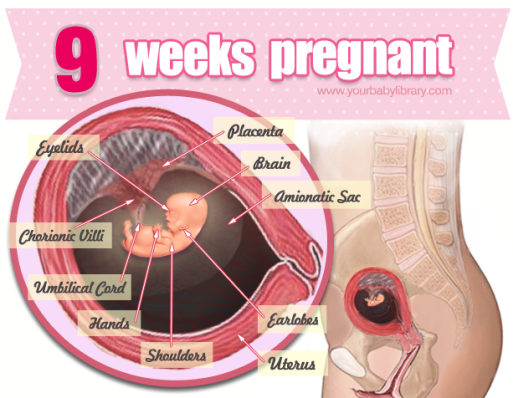
However, it’s possible to miss the heartbeat if: Your baby is in a weird position.You have a tilted uterus.You have an anterior placenta.Ī transducer that emits high-frequency sound waves is moved over your bump. When used by a professional, a doppler is very accurate. It detects movement and translates it into sound. Some are more accurate than others, especially early on.Ī small ultrasound probe is held against your belly. Most doctors will use one of the following four methods to listen to your baby’s heartbeat. In these cases, the pregnancy will, sadly, result in a miscarriage or stillbirth. If, however, the heartbeat is gone due to an issue with the cord, blood supply, infection, hormones, or chromosomal abnormalities, it won’t return. If the heartbeat disappeared due to an error or the awkward position of your baby, placenta, or uterus, it could reappear at a follow-up scan. Fortunately, it’s possible to supplement progesterone to prevent it from happening again. If levels drop too low, a spontaneous miscarriage can occur.

Progesterone is the hormone required to sustain an early pregnancy. This will restrict the baby’s blood supply and will result in the loss of the pregnancy. Occasionally, the umbilical cord can become knotted or compressed. Infections like rubella, cytomegalovirus, bacterial vaginosis, and several STDs can cause a miscarriage. If the supply to the baby falls too low, their heart will stop beating. Some blood clotting and autoimmune disorders can cause an issue with blood flow to the placenta. But most often, the problem was a random glitch in cell division that’s unlikely to recur. Sometimes the cause is genetic, and you might want to investigate further. This prevents the baby from developing properly and can result in a miscarriage. They occur when the sperm or egg cell carries faulty chromosomes. In these cases, the heartbeat will sadly not reappear: Chromosomal AbnormalitiesĬhromosomal abnormalities are responsible for between 50 and 60 % of miscarriages. Unfortunately, a missing heartbeat can occasionally indicate a serious problem. If this is causing problems, ask for a transvaginal ultrasound instead. This can make it harder for your sonographer to find the heartbeat. If you’re plus-sized, there’s more tissue between the ultrasound transducer and your baby. It’s no big deal, but it will make picking up your baby’s heartbeat harder. Around 20% of women have a uterus that tips towards their spine. If you have a tilted uterus, you are not alone. This is usually no problem, but it will get in the way of a doppler finding your baby’s heartbeat. Sometimes the placenta can grow at the front of your uterus. Don’t panic if your sonographer can’t find a heartbeat at your 8-week scan. But, in the world of fetal heartbeats, a week can make a huge difference. Pinpointing conception and, therefore, exactly how far along you are can be tricky. In some cases, moms could swear their baby would actively squirm away from it! Your Dates Are Wrong In the early stages of pregnancy, when your baby has lots of room, they might move into an awkward position and evade the doppler. One of the major drawbacks of a doppler is that the user can’t see what’s going on inside your uterus. This happens to women every day, and they’ll typically pick it up at the next appointment. However, finding your tiny baby early on takes some skill, and your doctor can miss the heartbeat. Human Errorĭopplers are a great way to check in on your baby between ultrasounds and usually give you some peace of mind. In most cases, it’s caused by a simple error or an awkward position.

While scary, it’s common to come away from a routine checkup without hearing the heartbeat. What Could Cause a Fetal Heartbeat to Disappear? Unfortunately, though, not all cases will have a happy ending, and we’ll explain those too. The good news is, yes, it absolutely can, and we’ll explain why. It leaves most moms wondering: can the fetal heartbeat disappear and, more importantly, reappear? Worse, you’ll probably have to wait at least a week before they try looking for it again. If you’ve heard the heartbeat once, it can be terrifying to walk away from an appointment where your doctor couldn’t find it.


 0 kommentar(er)
0 kommentar(er)
